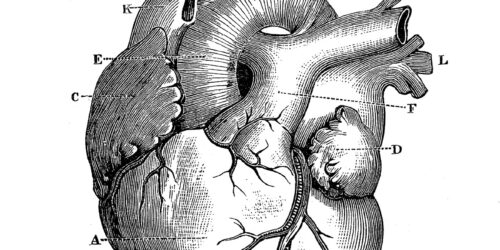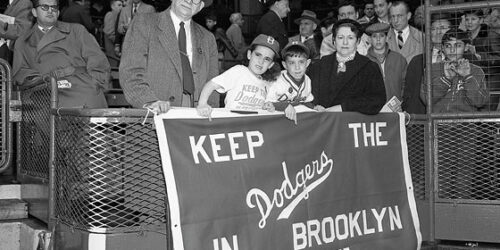It’s been almost a year since a heavily armed white supremacist walked into an El Paso Walmart and murdered 23 civilians who were simply shopping for back-to-school items.
The outpouring of grief remains with me as El Paso approaches the first August 3rd anniversary of this tragedy. The very next day at a park, complete with ballfields where the shouts and laughter of children kicking the ball around should have been heard, were silenced by the shroud of grief as thousands from all walks of life came to mourn the victims together.
JSurge founder Rabbi Steven Bayar and I were at the vigil. It was not our plan, not on our schedules, but inarguably it was the most important evening we spent in the Southwest Texas city on the Mexican border. You see, we were there to bear witness to the suffering of immigrants’ futile attempts to seek US asylum, knowing full well that the Trump administration was admitting some 1 percent of all applicants.
When you read of the southern border and Trump’s wall in the comforts of your home thousands of miles away, it does not instill the same senses one feels to see the people, talk to them and cross the border into Mexico. Rabbi Bayar and I, along with the help Eva Moya, a University of Texas, El Paso professor, visited migrant centers in Ciudad Juarez, the Mexican city located over the border.
JSurge.org and the Good People Fund donated thousands of dollars to be used for everything from shoes to clothing to cleaning supplies to Teddy Bears for the migrants we would meet. Dr. Moya was our guide, taking us to centers where we heard the gut-wrenching stories of people who just want a chance to earn money and feel free from the violence in their home countries.
Indeed, one young woman named Amy, who was from Honduras told us that if she were sent back, she was looking at a future of possible violence and sex trafficking. Her father, she said, was being forced to make payments to local gangs or face death.
Amy was arrested at the border when she asked for asylum.
She was just one of the several people Rabbi Bayar and I had an opportunity to meet. The articles written about the experience can be found on the JSurge.org website.
I think of this experience not only because we approach the anniversary of the Walmart massacre, but because with Covid-19 rampant in places such as Texas and Arizona, where many of those seeking the American “dream” are held, it’s not just about getting into the US or surviving the gangs back home, it’s about navigating the pandemic.
The facilities we saw last summer were doing their best to feed, cloth and house the migrants. But with beds just inches apart, rooms crowded with weary people, beaten down by life, it would seem impossible that life could get much worse.
After writing the series of stories on JSurge, I posted them on Facebook. Most of the reactions were positive, asking how and where people could help. Yet there were those who asked with evil intent “what are we supposed to do, put them up in the Hilton?”
We saw places where privacy was limited, where toilets were set up in dusty hot courtyards.
Courtyards in blazing summer Mexico’s heat where children had few if any toys.
Let us go back to the vigil in El Paso. There, the thousands in attendance heard prayer from all walks of religious life, including the local Jewish community rabbinic leadership.
And there I met a lady from the Dominican Republic who in plain English shouted, “This is our Kristallnacht.”
We all know that after Kristallnacht on November 9, 1938, signaled the beginning of the end for European’s mid-20th century Jewry. The pandemic then was societal anti-Semitism, turning the killing of Jews and others into an industrial process.
Today the pandemic is Covid-19, but the disease is carried on wings of hatred in this country, and the infection of institutional racism.
Rabbi Bayar and I won’t be able to revisit El Paso this summer as we had hoped.
But there are still no shortage of migrants risking their lives to make into this country.
Yes, they are wearing masks.
The hatred they face, though, has been unmasked.







